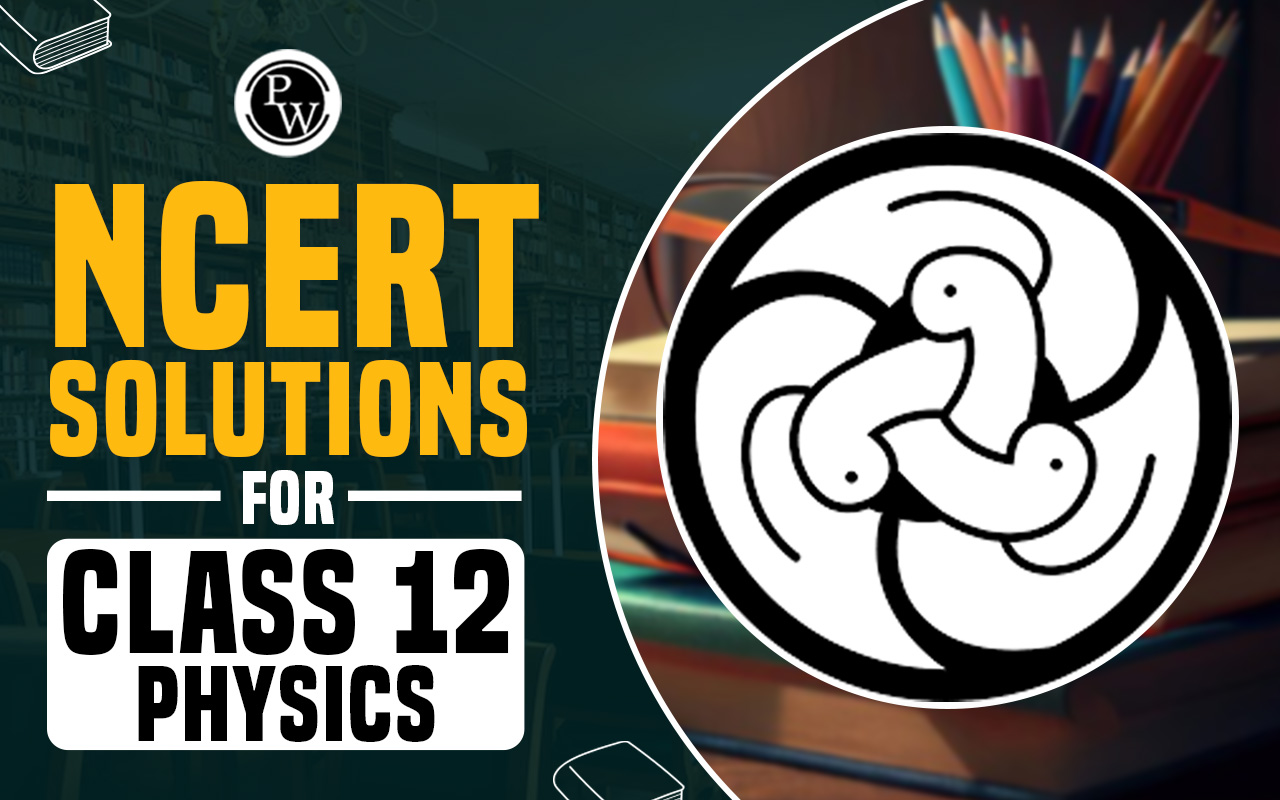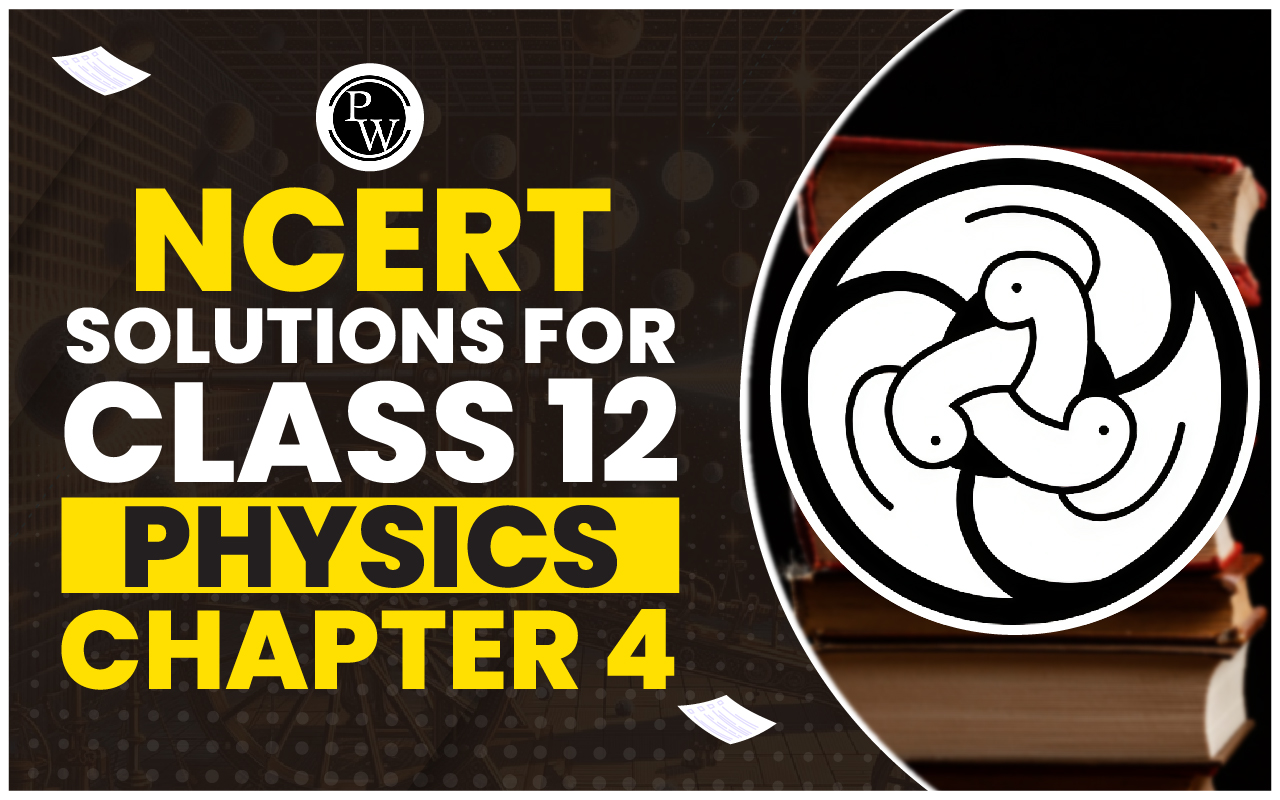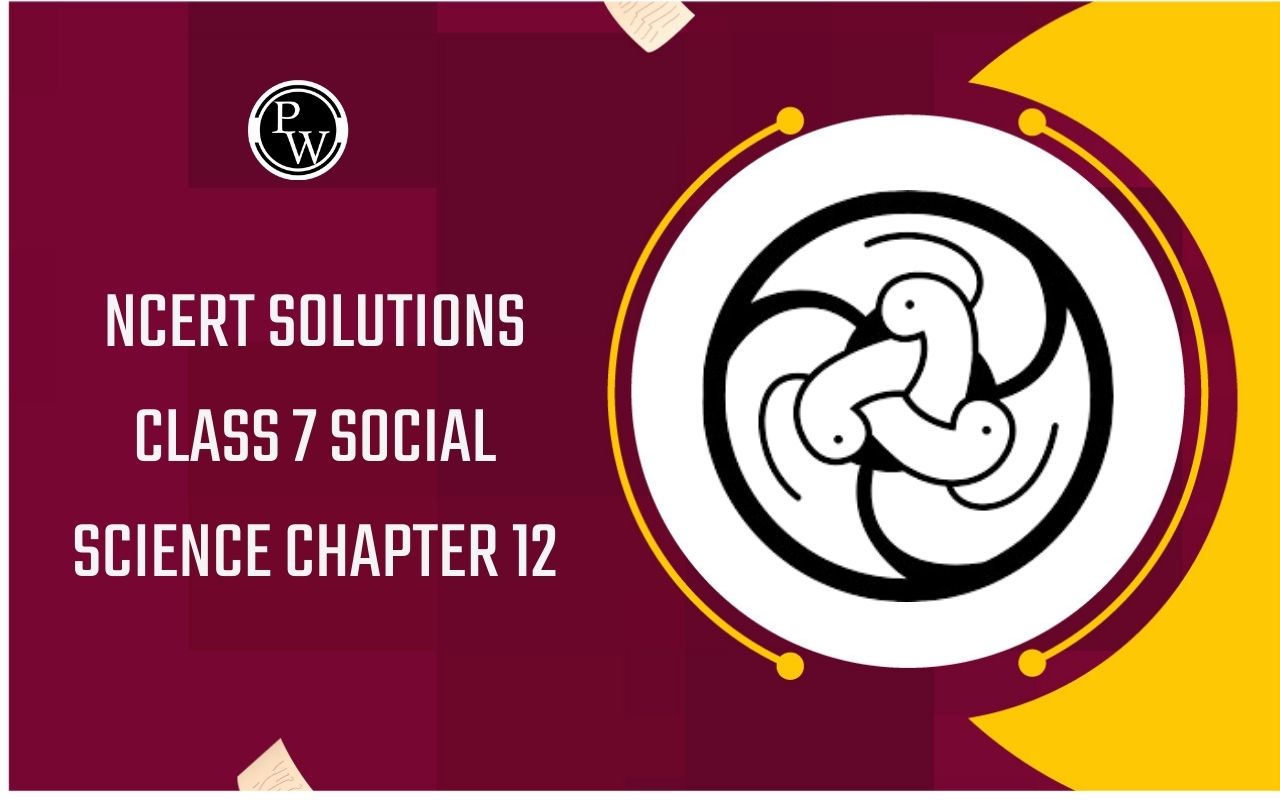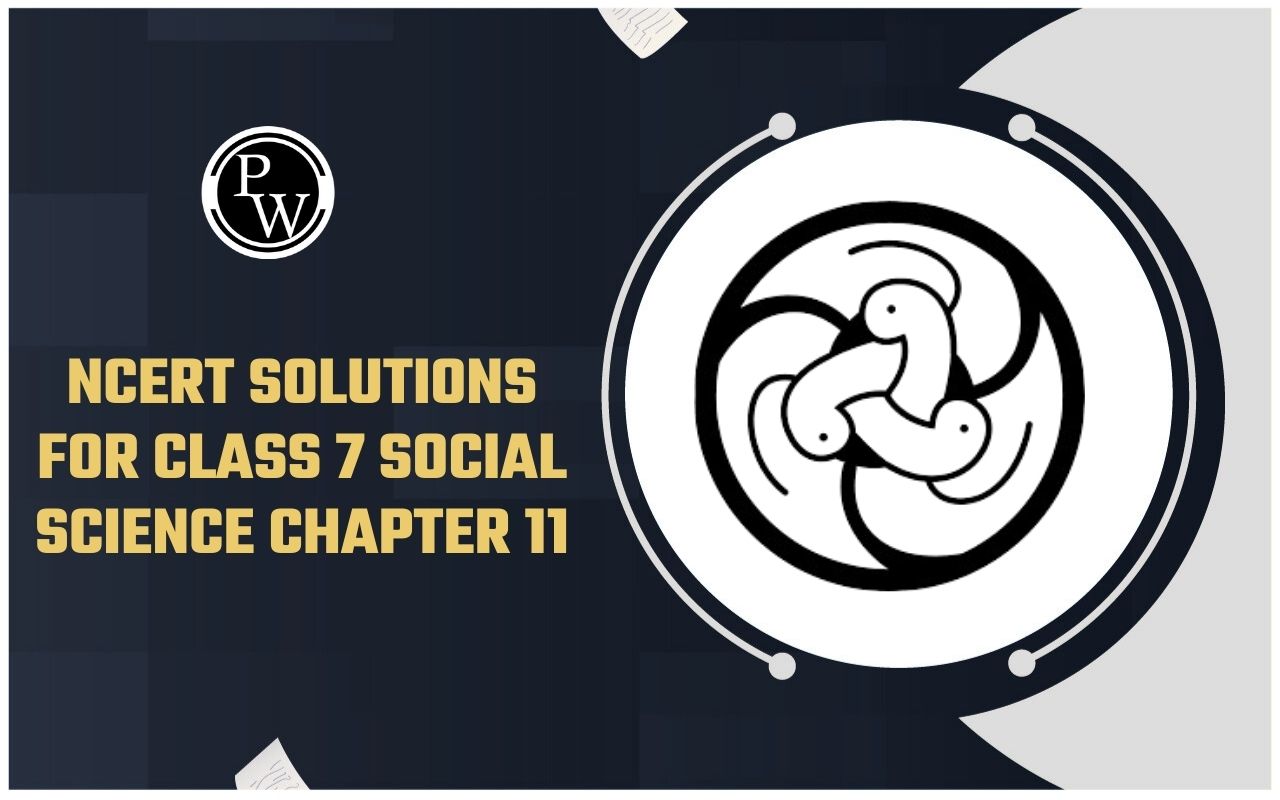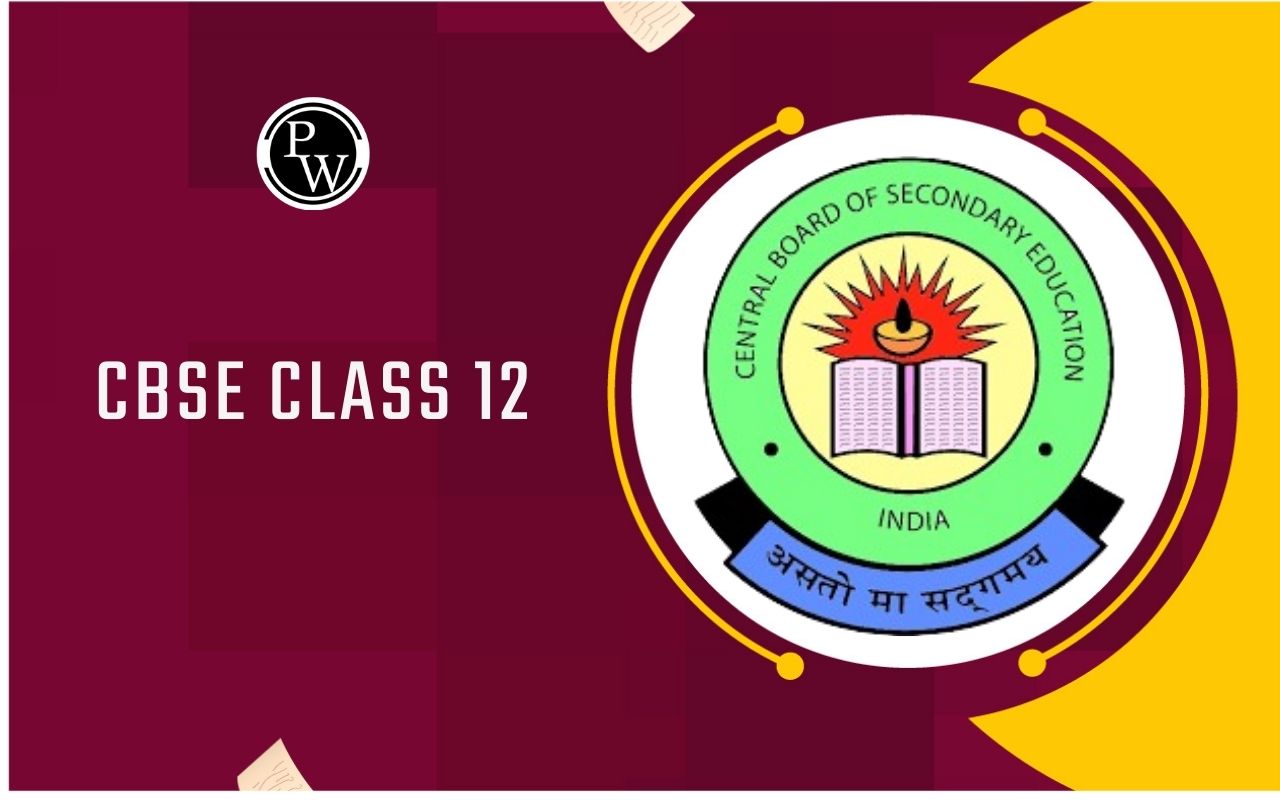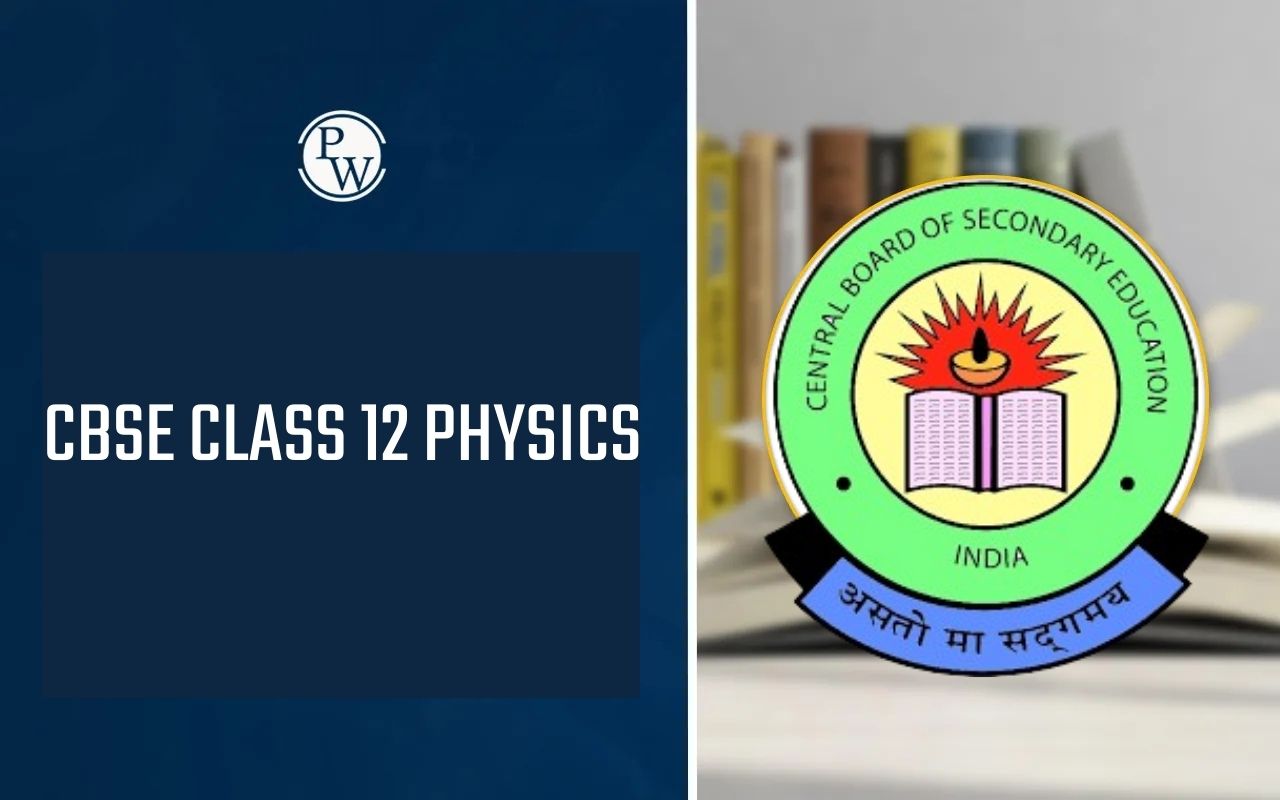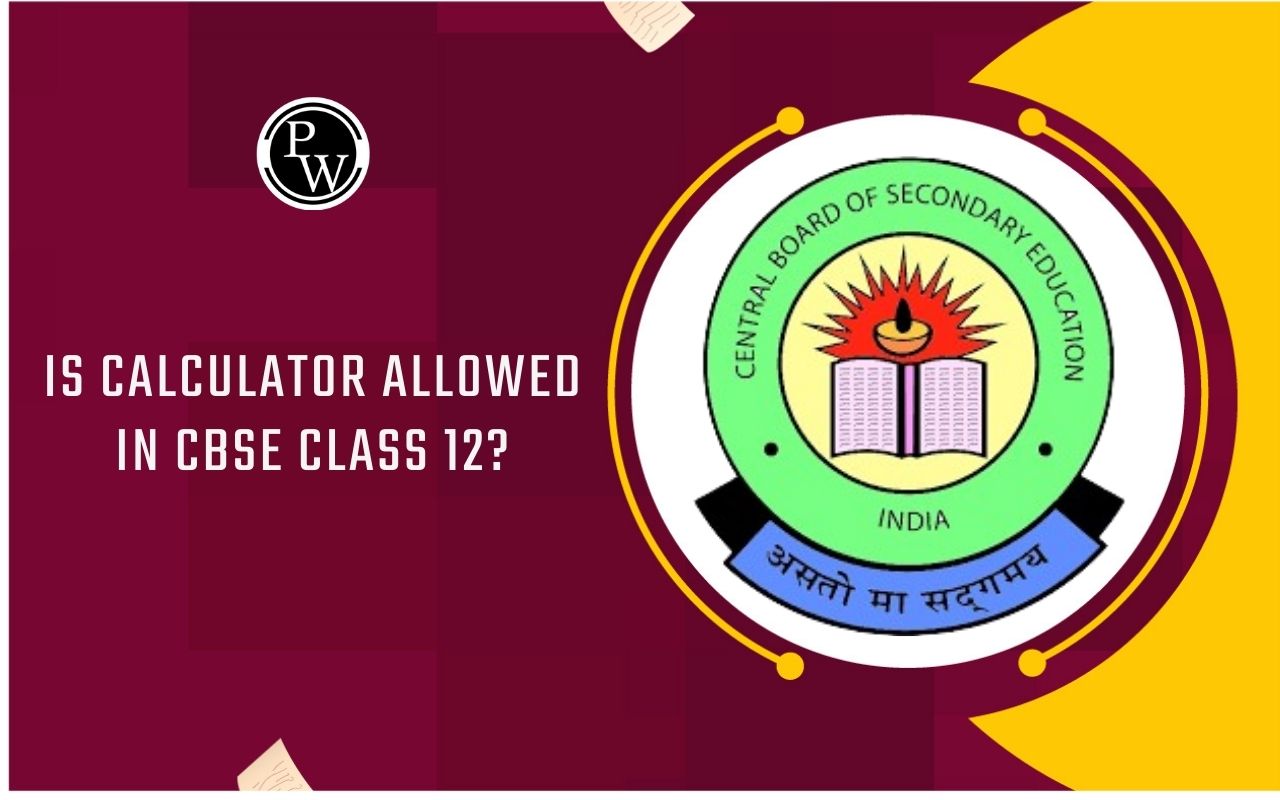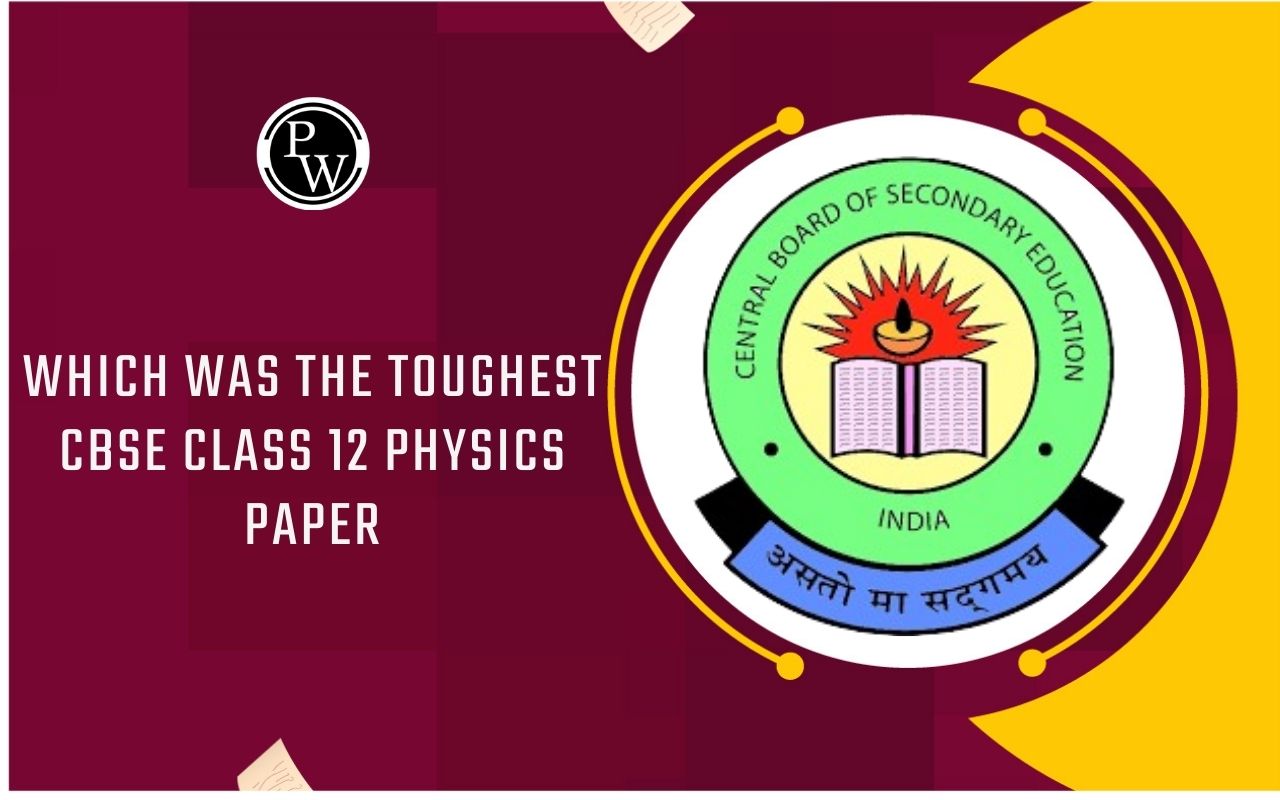
You've come to the right place if you're looking for an explanation of the fungus life cycle . This article will explain what fungi are and will study how they live. The major goal of this article is to provide a precise overview of the subject, covering all pertinent information.
Introduction
Fungi are organisms from the kingdom of Fungi, which contains 144,000 different species of organisms. Examples of fungi are yeasts, rusts, mildews, mushrooms, etc. Because of their nature of providing medicinal properties, fungi are the most popular organism present on this earth. Fungi can be found living freely in the soil or water. Some organisms interact with plants and animals in parasitic or symbiotic ways. Fungi are the most important organisms, providing so much to humans by producing bread, cheese, and wine. Fungi can be found in various environments, including the air, soil, rivers, lakes, seas, plants, animals, and clothing. Humans are highly benefitted from fungi. Fungi exist at both the microscopic and macroscopic levels. Some pathogenic species cause an illness known as mycoses, which is caused by fungi. Some pathogenic fungi are opportunistic, which means they only cause infections when the host's immune system is compromised.Fungus Life Cycle
Fungi have many distinct life cycle patterns depending on the species. All Fungi do not reproduce in the very same way. Some fungi reproduce sexually, while others reproduce asexually. Now will thoroughly focus on the life cycle of fungi in both asexual and sexual stages.Fungi Sexual Reproduction -
- Spore (Haploid): This is the stage at which all fungi begin their life cycle. This is the first stage of a fungus' life cycle. At first, all spores are haploid, meaning they have only one copy of their genetic material. These spores can travel long distances by grabbing onto other organisms or flying through the air. After finding a suitable living environment, they grow a swarm of root-like structures called mycelium. For spores to develop, nutrients are transferred through mycelium.
- Mycelium (Diploid): As the mycelium grows and develops, it may come into contact with another fungus. If the two fungi are compatible, a haploid cell from each mycelium merges to form a new diploid cell. Because they have more than one copy of their genetic information, these newly fused cells are diploid.
- Meiosis: Once the fungus has transformed into mycelium, it enters the next stage of development known as meiosis. A single cell divides into two during meiosis, and the genetic material from both parents is mixed. The two daughter cells produced do not have identical features to their parents and do not resemble each other.
Fungi Asexual Reproduction -
Fungi can reproduce sexually or asexually during the mycelium stage. Mitospores are identical to the parent during the asexual life cycle of fungi. These mitospores eventually develop into a new set of mycelium, and the entire life cycle is repeated. Fungi have a multifaceted life cycle because they reproduce sexually and asexually, depending on environmental circumstances. A fungus can live anywhere and everywhere due to its unique nature.Fungus Life Cycle <span style=
Q1- What exactly are fungi?
Ans- Fungi are living organisms similar to plants and animals. They have nuclei In the cells; in contrast to plant cells, which contain cellulose, fungi cell walls contain chitin. Fungi are different from all other living organisms in appearance, characteristics, and behaviour.
Q2- Name the three types of fungi.
Ans- Molds, mushrooms, and yeast.
Q3- Do fungi require light?
Ans- Fungi, unlike plants, are heterotrophic organisms that cannot produce their food. As a result, fungi do not need light to produce food.
Q4- What distinguishing characteristics do Fungi have?
Ans- the unique features of fungi are:
Fungi are non-motile, non-vascular, heterotrophic, eukaryotic organisms.
They might be unicellular or filamentous.
Spores are used for replicating.
Fungi have extremely tiny nuclei.
Q5- What are the uses of fungi?
Ans- uses of fungi are stated below:
used in manufacturing antibiotics and medicines such as penicillin and streptomycin.
Fungi consumed in the form of food include highly proteinaceous mushrooms.
used in all bakery products, as well as in the food and beverage industries. (yeast)
Talk to a counsellorHave doubts? Our support team will be happy to assist you!

Check out these Related Articles
Free Learning Resources
PW Books
Notes (Class 10-12)
PW Study Materials
Notes (Class 6-9)
Ncert Solutions
Govt Exams
Class 6th to 12th Online Courses
Govt Job Exams Courses
UPSC Coaching
Defence Exam Coaching
Gate Exam Coaching
Other Exams
Know about Physics Wallah
Physics Wallah is an Indian edtech platform that provides accessible & comprehensive learning experiences to students from Class 6th to postgraduate level. We also provide extensive NCERT solutions, sample paper, NEET, JEE Mains, BITSAT previous year papers & more such resources to students. Physics Wallah also caters to over 3.5 million registered students and over 78 lakh+ Youtube subscribers with 4.8 rating on its app.
We Stand Out because
We provide students with intensive courses with India’s qualified & experienced faculties & mentors. PW strives to make the learning experience comprehensive and accessible for students of all sections of society. We believe in empowering every single student who couldn't dream of a good career in engineering and medical field earlier.
Our Key Focus Areas
Physics Wallah's main focus is to make the learning experience as economical as possible for all students. With our affordable courses like Lakshya, Udaan and Arjuna and many others, we have been able to provide a platform for lakhs of aspirants. From providing Chemistry, Maths, Physics formula to giving e-books of eminent authors like RD Sharma, RS Aggarwal and Lakhmir Singh, PW focuses on every single student's need for preparation.
What Makes Us Different
Physics Wallah strives to develop a comprehensive pedagogical structure for students, where they get a state-of-the-art learning experience with study material and resources. Apart from catering students preparing for JEE Mains and NEET, PW also provides study material for each state board like Uttar Pradesh, Bihar, and others
Copyright © 2026 Physicswallah Limited All rights reserved.
